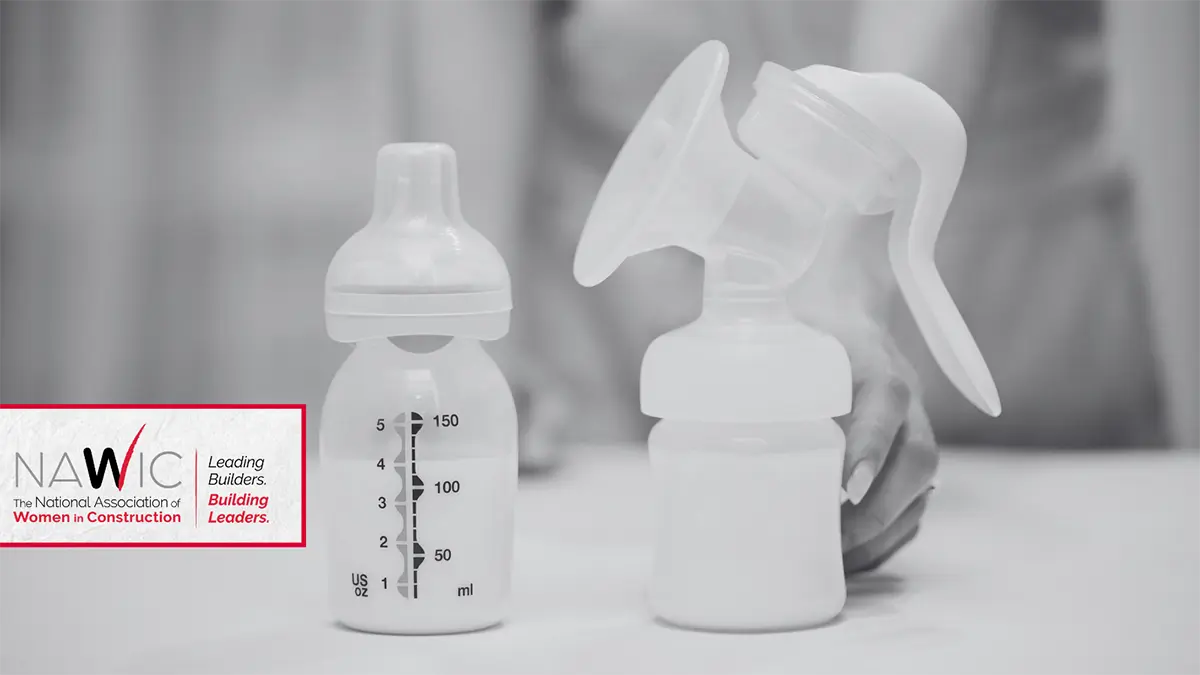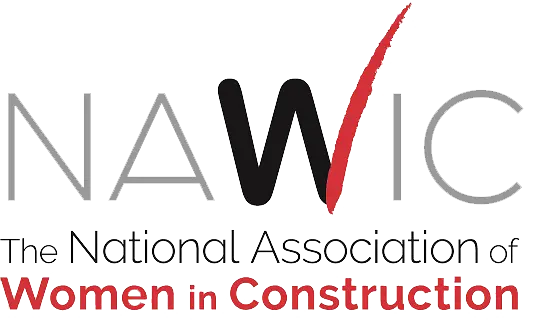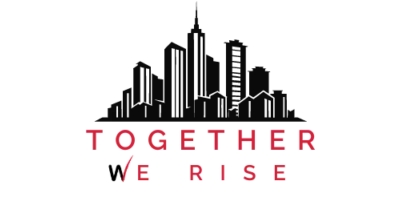
Welcoming Women on the Job Site: What the PUMP Act Means for Female Builders
The construction industry is slowly shifting in the direction of gender inclusivity. There are more women stepping onto job sites and into meetings and leadership roles. In 2023, about 11-percent of the workforce were women and that number continues to grow. This influx of female builders brings fresh perspectives and much-needed diversity to a field that is both growing and critical to the economy.
Of course, many of these women are, or plan to be, mothers.
A legislative change at the federal level, the PUMP Act (Providing Urgent Maternal Protections for Nursing Mothers), was signed into law in late 2022. The act mandates that employers provide reasonable break times and private spaces (not just bathroom stalls) for breastfeeding mothers to pump.
This means that even in the demanding environment of construction projects, new mothers can continue to work without compromising their health and their family’s well-being.
For an industry already facing labor shortages, this law can be seen as a win-win. Supporting working mothers and making the field of construction more inclusive will help companies both retain female talent and create a more attractive career path for future generations of female builders.
What the PUMP act actually requires
The PUMP Act is part of the Fair Labor Standards Act. It “requires employers to provide reasonable break time for an employee to express breast milk for their nursing child for one year after the child’s birth each time such employee has need to express the milk. Employees are entitled to a place to pump at work, other than a bathroom, that is shielded from view and free from intrusion from coworkers and the public.”
The space must be available as needed.
It’s also required that the employee must be able to safely store milk. Employers don’t need to provide a refrigerator, which would be impossible on some job sites where female builders work, but a cooler or similar has to be allowed on site.
For female builders, storing breast milk isn’t the only part of the PUMP act that will require ingenuity on the part of employers. The cab of a pickup truck isn’t secure, or shielded from view. But, an outdoor lactation pod is both private, and there are designs for outdoor use available.
Inclusive and family friendly policies support female builders
Harassment policies, diversity training, and programs addressing unconscious bias help to create a culture where female builders don’t just collect a paycheck, but can thrive and grow their careers. Companies are increasingly recognizing the value of diversity and are taking active steps to make the work environment more inclusive.
Basic amenities, like clean restrooms and private space for diaper changing, are essential to create a welcoming and inclusive work environment for female builders. These simple changes demonstrate that women’s needs are taken seriously and that the industry values their contributions.
But what about working mothers? A report by the National Center for Construction Education and Research (NCCER), “In Her Own Words,” found that the women surveyed felt the construction industry does not offer necessary options like flexible work hours. Because women are often their family’s primary caretaker, and caregiver, an industry that does not offer the flexibility to accommodate medical appointments, education, or childcare, is not a viable option for many women.
There are solutions. Beyond the PUMP Act, companies can support female builders by implementing flexible schedules and family leave policies. Family-friendly benefits are more than just perks – they represent commitment to, and a long-term investment in, a solid, committed, workforce. These policies can help reshape the industry so that women can balance their construction careers and family.
At its core, the construction industry is about building – from homes to highways, schools and stadiums. Today, it is also about building a diverse, strong workforce that reflects the communities the industry serves, including working moms. With policies like the PUMP Act, and ever-expanding efforts to create more inclusive work environments, the construction industry, from work sites to board rooms, can becoming a place where female builders can thrive.
NAWIC provides support, networking and mentorship, leadership training and educational opportunities for more than 6,000 members in 120 chapters across the U.S. Want to know more? Contact a chapter near you.



